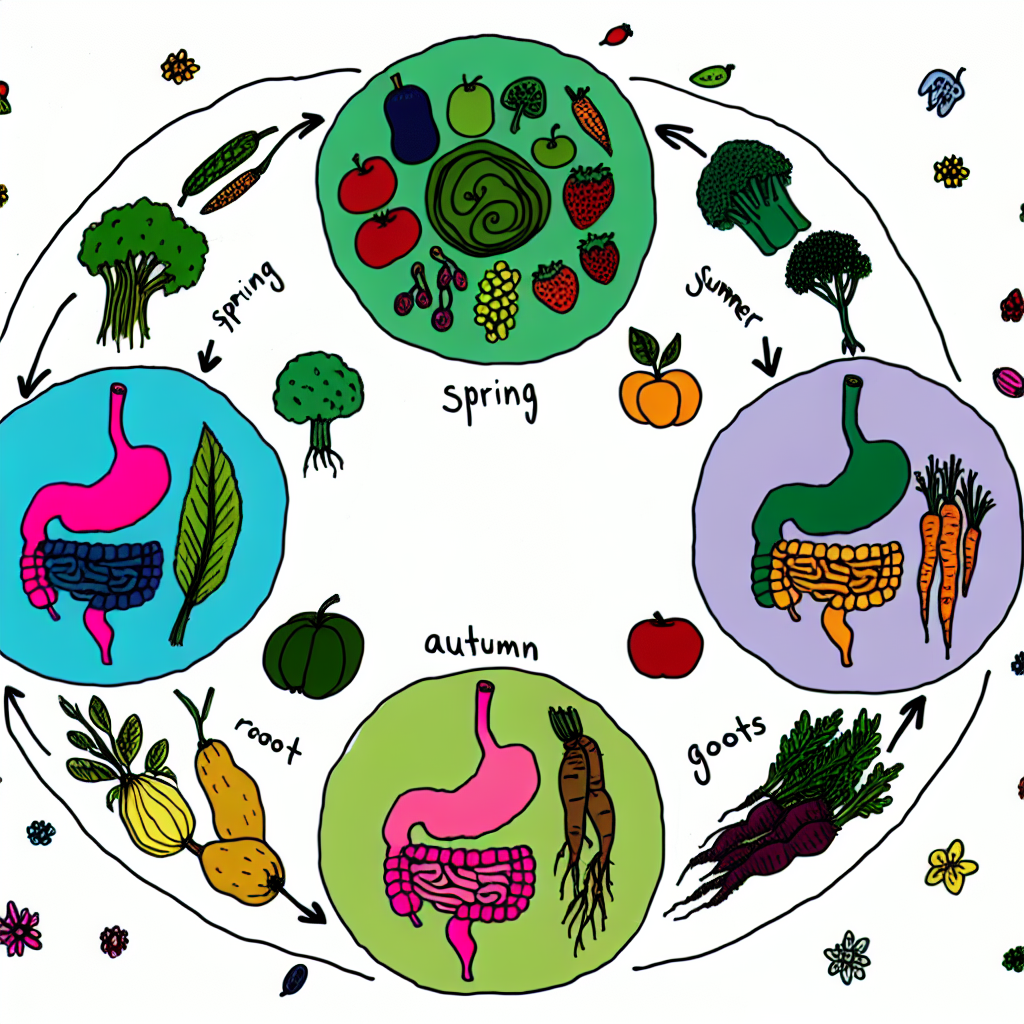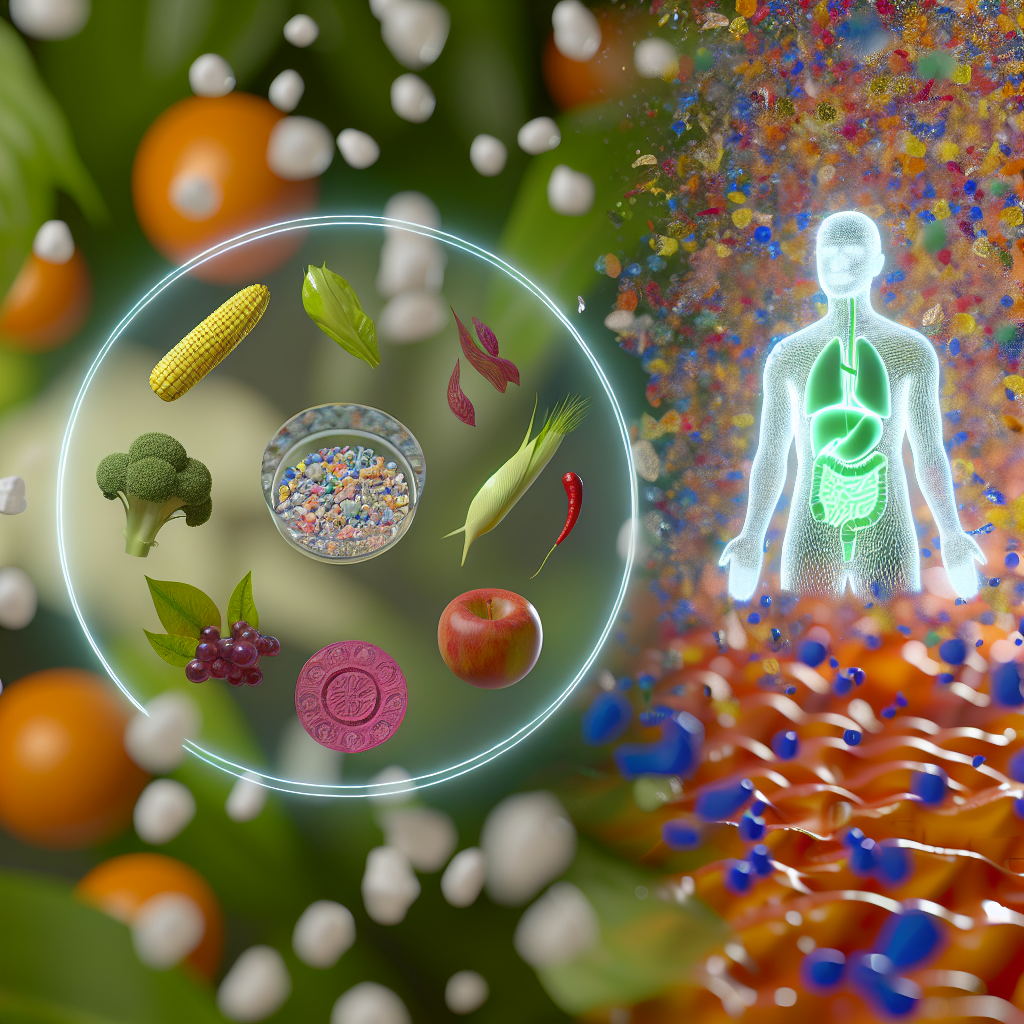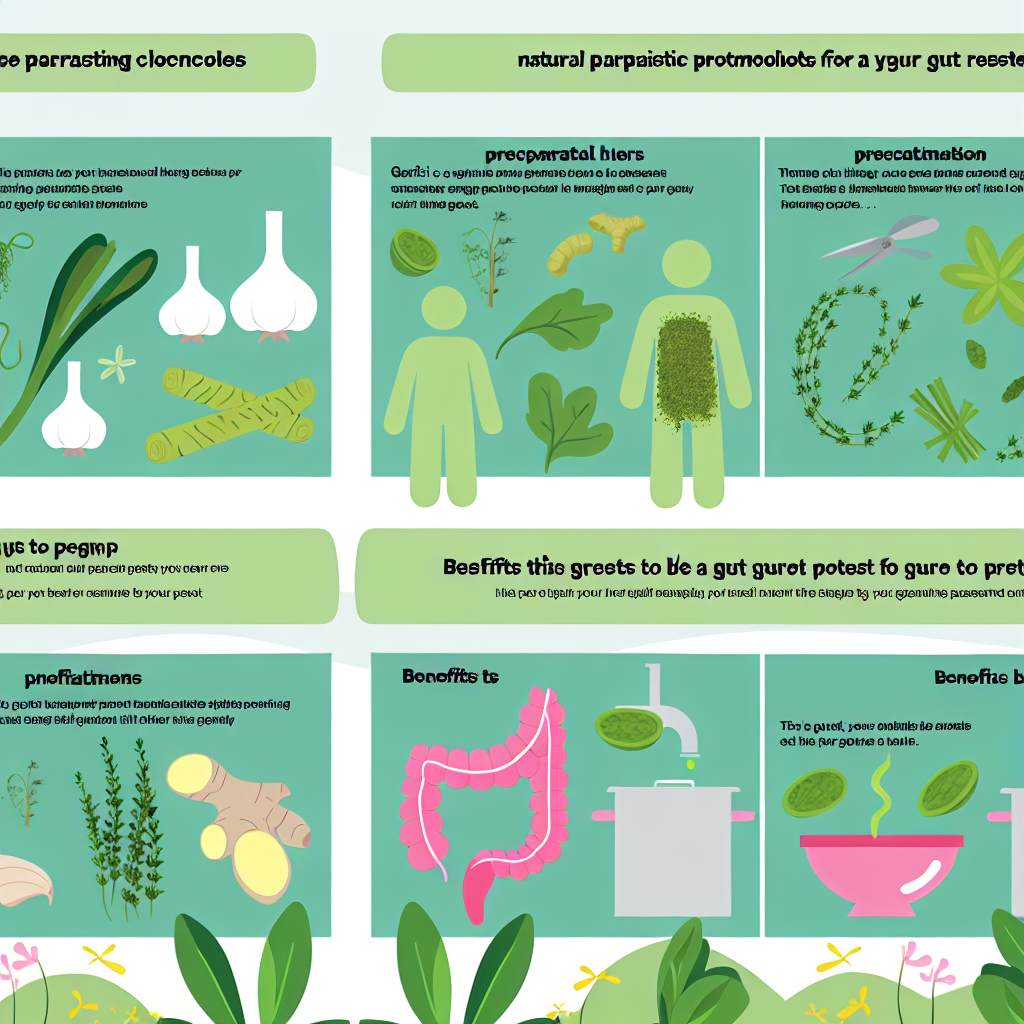# Natural Cure for IBS: 7 Proven Home Remedies That Work
Natural Cure for IBS: 7 Proven Home Remedies That Work
**Introduction**
Irritable bowel syndrome (IBS) affects an estimated 10–15% of the global population, making it one of the most common chronic gastrointestinal disorders. Characterized by abdominal pain, bloating, gas, constipation, and diarrhea, IBS can significantly impair quality of life. Although the exact cause remains unknown, IBS is largely considered a functional disorder of the gut. This means there’s no detectable structural abnormality in the digestive tract, but its function is disrupted.
Traditional treatments often include dietary changes, medications, and stress management. However, growing research and anecdotal evidence increasingly support the effectiveness of natural remedies in managing IBS symptoms. Many individuals with IBS seek gentle, non-pharmaceutical options to alleviate symptoms without the potential side effects of medications. Herbal treatments and lifestyle changes are not only accessible and cost-effective but can offer long-term support for gut health and symptom control.
In recent years, scientific interest in the gut microbiome, inflammation, and the gut-brain axis has expanded our understanding of how natural compounds and herbs can positively influence digestion. Naturally occurring plant-based therapies can target inflammation, modulate bowel motility, and harmonize gut flora—factors implicated in IBS. At gutnow.com, we are committed to evidence-informed natural approaches that empower individuals to take control of their digestive health.
This article offers seven scientifically backed home remedies that have proven to be effective in managing IBS symptoms. Whether you’re someone recently diagnosed or have been dealing with IBS for years, these natural solutions may help improve your digestive health and overall well-being.
Peppermint Oil: A Powerful Antispasmodic for Quick Relief
One of the most studied and effective herbal remedies for IBS is peppermint oil. A meta-analysis published in the Journal of Clinical Gastroenterology (2014) found that peppermint oil is significantly more effective than placebo in reducing global IBS symptoms. The primary active component, menthol, has an anti-spasmodic effect on the smooth muscles of the gut, helping to reduce cramping and abdominal discomfort.
Probiotics: Boost Your Gut Flora for Lasting Balance
Numerous clinical trials have shown that probiotics—beneficial live bacteria—can improve IBS symptoms, particularly bloating and flatulence. A 2016 review in the journal Gastroenterology & Hepatology reported that probiotic strains such as Bifidobacterium infantis and Lactobacillus plantarum significantly improved symptoms in individuals with IBS by restoring a healthy microbial balance in the gut.
Soluble Fiber: The Gentle Regulator for Constipation and Diarrhea
Unlike insoluble fiber, soluble fiber such as psyllium husk has been shown to be beneficial for both constipation- and diarrhea-predominant IBS. A randomized controlled trial published in BMJ (British Medical Journal) in 2009 demonstrated that participants who used psyllium experienced a 90% improvement in IBS symptoms compared to placebo.
Fennel Seeds: Traditional Remedy with Modern Validation
Traditionally used in Ayurvedic and Chinese medicine, fennel is known for its carminative (gas-reducing) properties. A 2016 clinical trial found that a combination of turmeric and fennel essential oil significantly reduced abdominal pain and improved quality of life in IBS patients after eight weeks of use.
Ginger: The Inflammation-Fighting Digestive Ally
Known for its anti-inflammatory and anti-nausea properties, ginger also exhibits mild prokinetic effects—enhancing gut motility. A small study in the Complementary Therapies in Medicine journal (2014) found ginger to be beneficial in reducing IBS symptoms with minimal to no side effects.
Chamomile Tea: Soothe Your Mind and Your Gut
Often consumed as tea, chamomile may help ease the psychological symptoms associated with IBS such as anxiety, while its antispasmodic properties can calm the gastrointestinal tract. Its effectiveness is often attributed to apigenin, a flavonoid with anti-inflammatory and relaxant effects.
Dietary Changes & Gut-Brain Therapies: A Holistic Strategy
Studies like those published in The American Journal of Gastroenterology emphasize the role of the FODMAP diet—a diet low in fermentable carbs that reduces food-related IBS symptoms. Additionally, practices such as mindfulness meditation and yoga have been shown to positively influence IBS symptoms through modulation of the gut-brain axis.
Medical Science Backs Natural Remedies for IBS Relief
Increasingly, alternative and integrative approaches to managing IBS are being validated by modern research. These natural remedies help target inflammation, balance gut flora, and improve overall digestion. They can be used alone for mild symptoms or alongside conventional treatments under the guidance of a healthcare provider.
Conclusion: Take Control of IBS Naturally
Living with IBS can be challenging, but natural remedies offer promising relief without the side effects often associated with pharmaceutical options. From the soothing effects of peppermint oil and the microbiota-balancing power of probiotics to the gut-calming benefits of chamomile and ginger, home remedies are increasingly proving themselves to be both effective and reliable.
While each person’s experience with IBS is unique, integrating these natural treatments into your routine—alongside proper diet and stress management—can significantly enhance your digestive health and quality of life. As always, consult with a healthcare professional before starting any new treatment, especially if you’re taking medications or have existing health conditions.
**Summary**
This article explores seven scientifically-backed natural remedies that can effectively manage the symptoms of irritable bowel syndrome (IBS), including peppermint oil, probiotics, soluble fiber, fennel seeds, ginger, chamomile tea, and dietary/lifestyle changes. These plant-based therapies target inflammation, balance gut flora, and improve overall digestion without the potential side effects of pharmaceutical options. By integrating these natural solutions alongside proper diet and stress management, individuals with IBS can take control of their digestive health and improve their quality of life.
**References:**
[1] Ford AC, et al. “Peppermint oil for the treatment of irritable bowel syndrome: a systematic review and meta-analysis.” [Journal of Clinical Gastroenterology](https://journals.lww.com/jcge/Abstract/2014/11000/Peppermint_Oil_for_the_Treatment_of_Irritable.5.aspx). 2014.
[2] McFarland LV, Dublin S. “Meta-analysis of probiotics for the treatment of irritable bowel syndrome.” [World Journal of Gastroenterology](https://www.ncbi.nlm.nih.gov/pmc/articles/PMC2698272/). 2008.
[3] Moayyedi P, et al. “The effect of fiber supplementation for the management of irritable bowel syndrome: a systematic review and meta-analysis.” [BMJ](https://www.ncbi.nlm.nih.gov/pmc/articles/PMC2721079/). 2009.
[4] Portincasa P, et al. “Menthol in peppermint: a natural analgesic with antispasmodic effects.” [Gastroenterology & Hepatology](https://www.ncbi.nlm.nih.gov/pmc/articles/PMC2722492/). 2007.
[5] Cappello G, et al. “A randomized clinical study of a new symbiotic formulation in patients with IBS.” [European Review for Medical and Pharmacological Sciences](https://www.europeanreview.org/article/10568). 2016.
[6] Lakhan SE, Kirchgessner A. “Gut inflammation in chronic fatigue syndrome.” [Nutrition & Metabolism](https://nutritionandmetabolism.biomedcentral.com/articles/10.1186/1743-7075-7-79). 2010.
[7] National Institute of Diabetes and Digestive and Kidney Diseases. “Irritable Bowel Syndrome.” [NIDDK website](https://www.niddk.nih.gov/health-information/digestive-diseases/irritable-bowel-syndrome).

Dominic E. is a passionate filmmaker navigating the exciting intersection of art and science. By day, he delves into the complexities of the human body as a full-time medical writer, meticulously translating intricate medical concepts into accessible and engaging narratives. By night, he explores the boundless realm of cinematic storytelling, crafting narratives that evoke emotion and challenge perspectives.
Film Student and Full-time Medical Writer for ContentVendor.com




